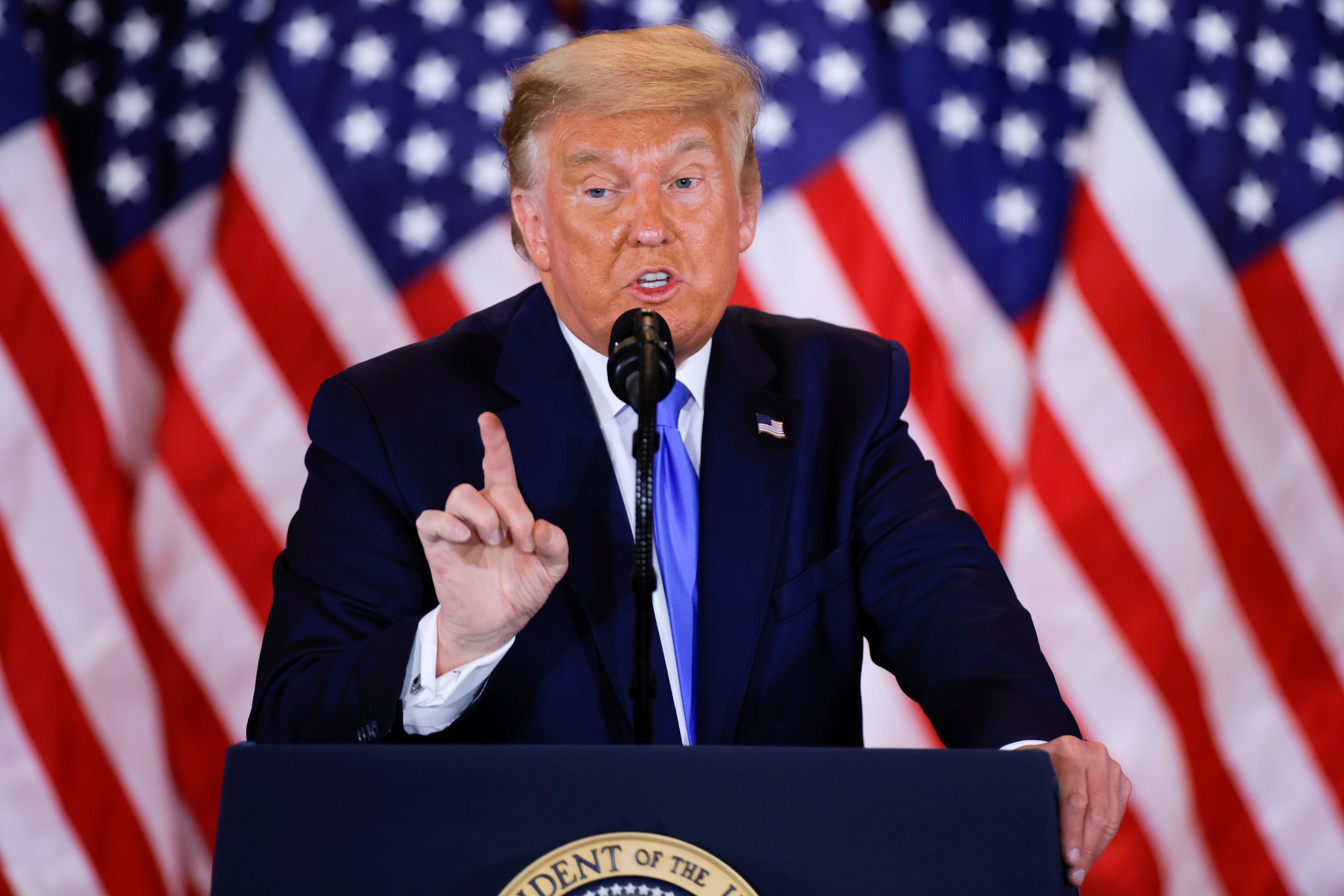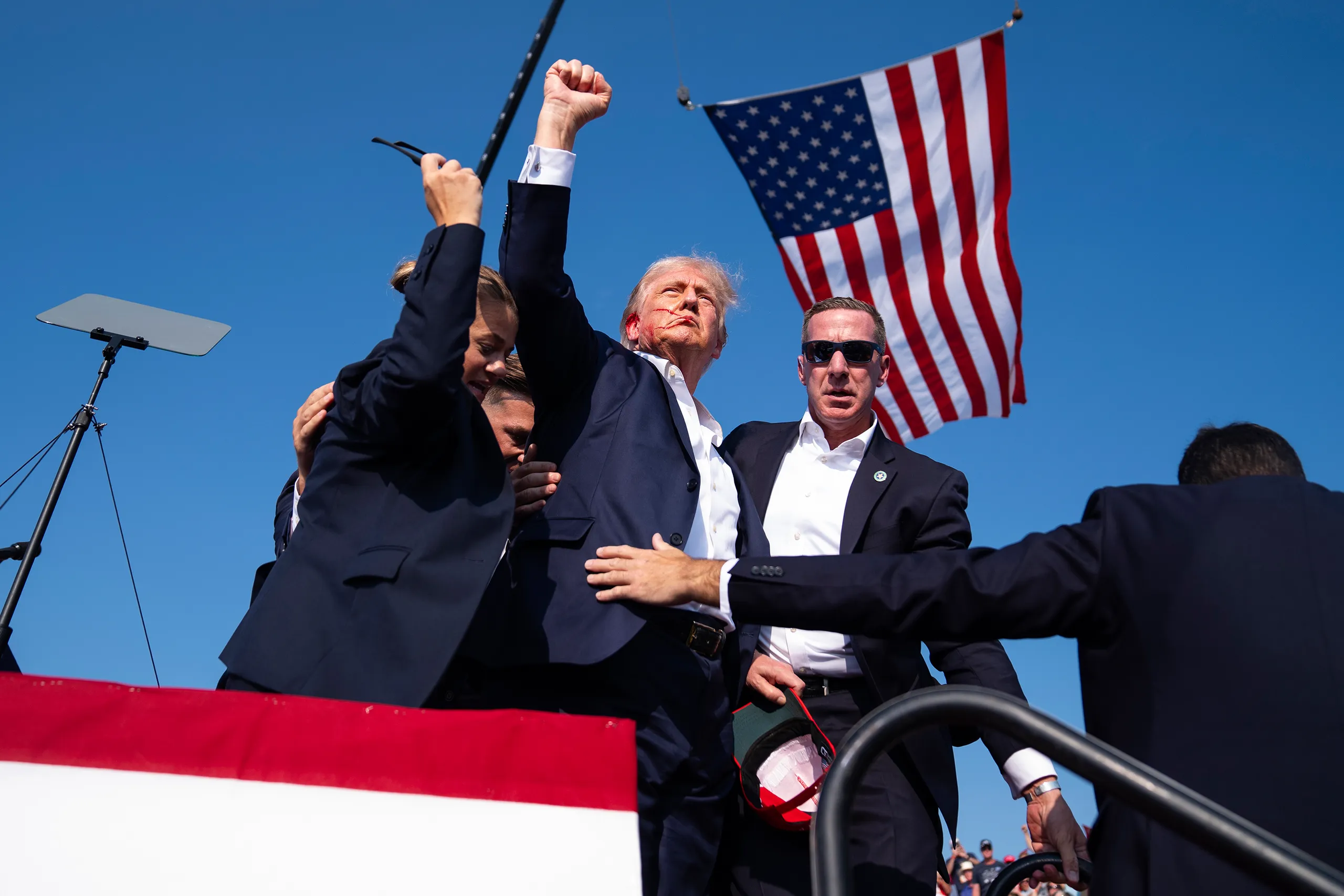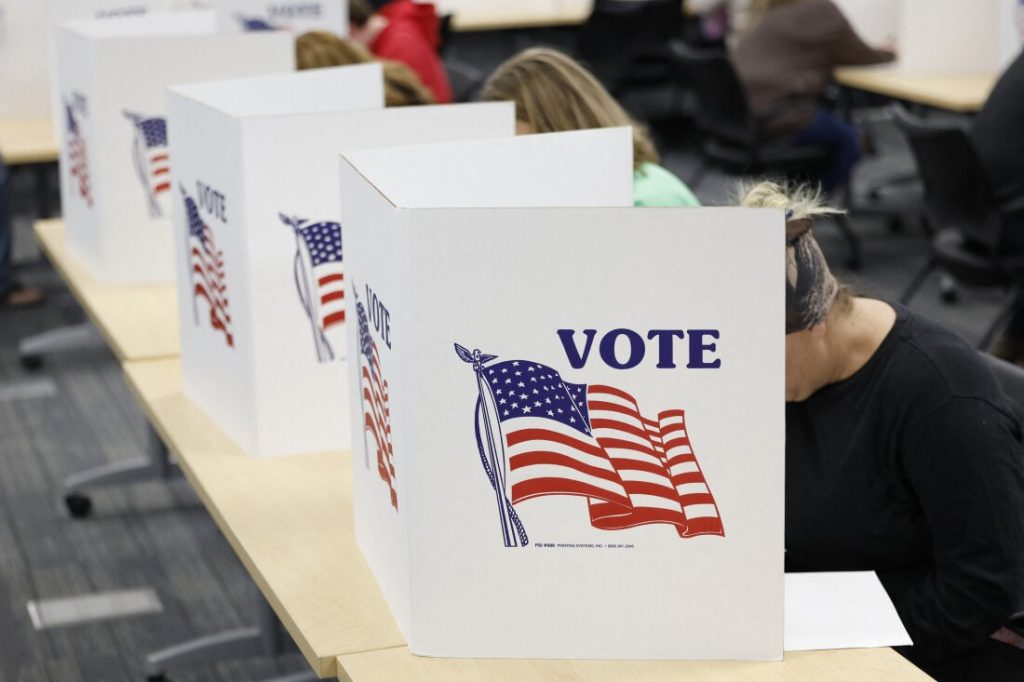Donald Trump, the 45th President of the United States, remains one of the most polarizing figures in modern American politics. Even after leaving office, his influence continues to shape the Republican Party and the broader political landscape. This article explores Trump enduring legacy, his continued relevance in American politics, and what the future might hold for the man who has defied political norms.
The Trump Presidency: A Brief Overview
Donald Trump, a billionaire businessman and television personality, took the political world by storm when he announced his candidacy for the presidency in 2015. Running on a platform of populism, nationalism, and a promise to “Make America Great Again,” Trump resonated with a significant portion of the American electorate who felt left behind by the political establishment.
In the 2016 presidential election, Trump defeated Democratic nominee Hillary Clinton in a shocking upset, securing the presidency despite losing the popular vote. His administration was marked by controversial policies, a combative relationship with the media, and an impeachment trial. Yet, despite the turbulence, Trump maintained a loyal base of supporters who admired his unorthodox approach to governance and his willingness to challenge the status quo.
Trump Influence on the Republican Party
One of Trump most significant impacts has been on the Republican Party itself. Before his rise, the GOP was largely dominated by establishment figures who favored traditional conservative policies. However, Trump brand of populism and his appeal to working-class voters shifted the party’s focus.
Trump influence led to the rise of “Trumpism,” a political ideology characterized by a strong stance on immigration, skepticism of globalism, and a preference for protectionist economic policies. Many Republican candidates have adopted this approach, recognizing its appeal to a large segment of the electorate. Even after leaving office, Trump endorsement remains highly sought after in GOP primaries, with many candidates aligning themselves with his policies and rhetoric to gain favor with his supporters.
The 2020 Election and the Aftermath
The 2020 presidential election was one of the most contentious in American history. Trump faced off against former Vice President Joe Biden in a race that was heavily influenced by the COVID-19 pandemic, social unrest, and economic challenges. Despite a strong showing, Trump ultimately lost to Biden, garnering over 74 million votes to Biden’s 81 million.
However, Trump refused to concede the election, claiming widespread voter fraud without substantial evidence. His efforts to overturn the election results culminated in the January 6th Capitol riot, where a mob of his supporters stormed the U.S. Capitol in an attempt to disrupt the certification of the Electoral College results. The incident led to Trump second impeachment, making him the only president in U.S. history to be impeached twice.

Despite the controversy, Trump claims of election fraud have resonated with a significant portion of his base. Polls show that many Republicans continue to believe that the 2020 election was “stolen,” a belief that has fueled ongoing debates about election integrity and voting rights in the United States.
Trump Post-Presidency and Potential 2024 Run
Since leaving office, Trump has remained an active figure in American politics. He has continued to hold rallies, endorse candidates, and speak out on various issues through his social media platforms. His influence within the Republican Party remains strong, with many GOP leaders reluctant to distance themselves from him for fear of alienating his supporters.
Speculation about a potential 2024 presidential run has been rampant. Trump has hinted at the possibility on several occasions, and his supporters are eager to see him make a comeback. If he were to run, Trump would likely face a crowded Republican primary field, but his continued popularity among the GOP base could give him a significant advantage.
A 2024 run by Trump would be unprecedented in modern American politics, as only one president, Grover Cleveland, has ever served non-consecutive terms. However, Trump ability to defy political norms and rally his supporters around his cause makes such a scenario entirely plausible.
The Legacy of Donald Trump
Trump legacy is a complex and multifaceted one. To his supporters, he is a champion of the common man, a leader who was unafraid to take on the political establishment and deliver on his promises. They credit him with significant achievements, such as tax reform, deregulation, and the appointment of three conservative Supreme Court justices.
To his critics, however, Trump represents a dangerous shift in American politics. They point to his divisive rhetoric, his handling of the COVID-19 pandemic, and his refusal to accept the results of the 2020 election as evidence of a presidency that undermined democratic norms and institutions.
Internationally, Trump “America First” foreign policy marked a significant departure from the multilateralism that had characterized U.S. foreign relations for decades. His administration withdrew from several international agreements, including the Paris Climate Accord and the Iran nuclear deal, and took a hardline stance on trade with China. These actions were met with mixed reactions globally, with some countries welcoming the shift and others expressing concern about the long-term implications for global stability.
What the Future Holds
As the United States looks toward the 2024 election, Donald Trump presence looms large. Whether he decides to run for president again or continues to influence the GOP from the sidelines, there is no denying that Trump will play a significant role in shaping the future of American politics.
The Republican Party faces a crossroads: Should it continue down the path of Trumpism, or should it seek to return to its pre-Trump conservative roots? The answer to this question will likely determine the party’s direction for years to come.
For the broader American electorate, Trump continued influence raises important questions about the state of democracy, the role of the media, and the future of political discourse in the United States. As Trump himself has shown, the boundaries of what is possible in American politics are constantly evolving, and the next few years promise to be a period of significant change and uncertainty.
Conclusion
Donald Trump impact on American politics is undeniable. His presidency and post-presidency have reshaped the Republican Party, polarized the electorate, and challenged long-standing political norms. As the country moves forward, Trump influence will continue to be felt, and his legacy will be the subject of debate for years to come. Whether one views him as a hero or a villain, there is no question that Donald Trump has left an indelible mark on the history of the United States.




